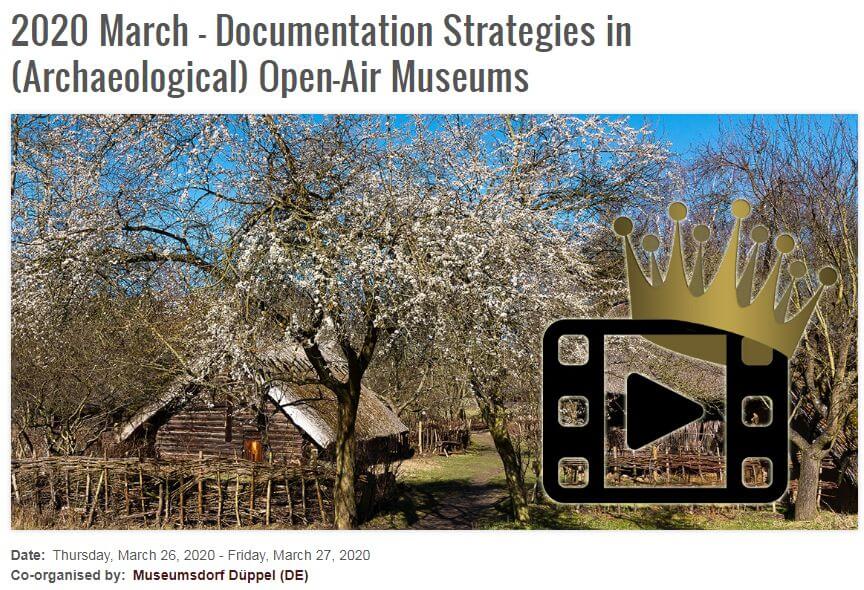If you're reading research papers now and then (or frequently, of course), you will probably have stumbled across The Paywall more often than you'd like. Murphy's rules for reading scholarly work definitely includes one that says "The article that sounds most interesting will be inaccessible due to some reason, preferably a paywall."
So. You'd like to read something, but the publisher would like to have half an arm, or maybe quarter of a leg for access to the volume, issue, or article? There's a few ways to get the article of interest without paying yourself. If you have a library card for a Uni library (you usually can get those without much fuss for the country you live in), and the library is within reach and has online access to the journal (which you can usually find out via their database) - there you go, you can access and download the article from a library computer. Bring your own USB stick, or mail it to yourself.
If that's not the case, there's networks like academia.edu and researchgate.net. Both are free to join, and they offer the possibility to network with researchers, follow them (so you get to see if they add something new) and read their papers. Authors upload pdf copies of their work; it's still legal, as the copies are not freely available, but within a closed group. You can also request a paper if it's not uploaded yet, and hope the person in question isn't as slow as I am with adding new things.
What I most recently discovered is unpaywall.org, which is a database with free versions of paywalled articles. There are several ways to use the database for your research, such as integration in Zotero, but the easiest one I have found is to use Chrome with the unpaywall extension. When you are on a page with a doi, you can then hopefully see a green open padlock on the right side of your screen - click that, and you are taken to the place where the free version of the article lives. (I actually installed Chrome to try this out...)
Enjoy, and may you find and get all your desired articles this way!
So. You'd like to read something, but the publisher would like to have half an arm, or maybe quarter of a leg for access to the volume, issue, or article? There's a few ways to get the article of interest without paying yourself. If you have a library card for a Uni library (you usually can get those without much fuss for the country you live in), and the library is within reach and has online access to the journal (which you can usually find out via their database) - there you go, you can access and download the article from a library computer. Bring your own USB stick, or mail it to yourself.
If that's not the case, there's networks like academia.edu and researchgate.net. Both are free to join, and they offer the possibility to network with researchers, follow them (so you get to see if they add something new) and read their papers. Authors upload pdf copies of their work; it's still legal, as the copies are not freely available, but within a closed group. You can also request a paper if it's not uploaded yet, and hope the person in question isn't as slow as I am with adding new things.
What I most recently discovered is unpaywall.org, which is a database with free versions of paywalled articles. There are several ways to use the database for your research, such as integration in Zotero, but the easiest one I have found is to use Chrome with the unpaywall extension. When you are on a page with a doi, you can then hopefully see a green open padlock on the right side of your screen - click that, and you are taken to the place where the free version of the article lives. (I actually installed Chrome to try this out...)
Enjoy, and may you find and get all your desired articles this way!




 Note the genius symbol thingie in the bottom right corner. I take off my hat to whoever made this.
Note the genius symbol thingie in the bottom right corner. I take off my hat to whoever made this.